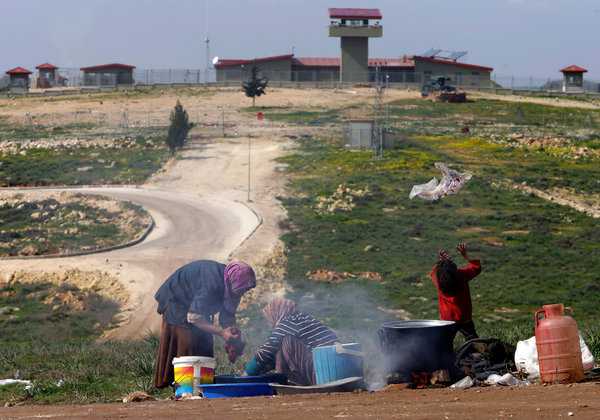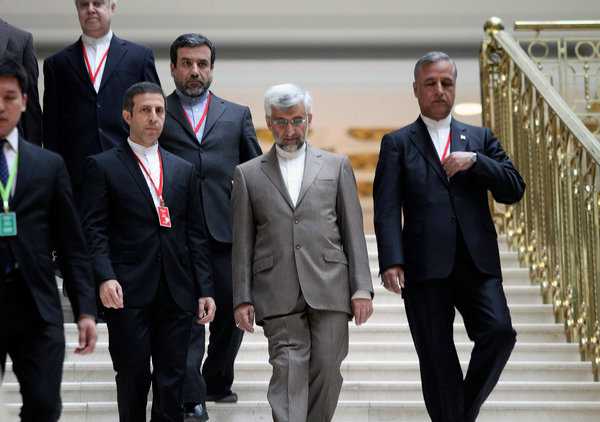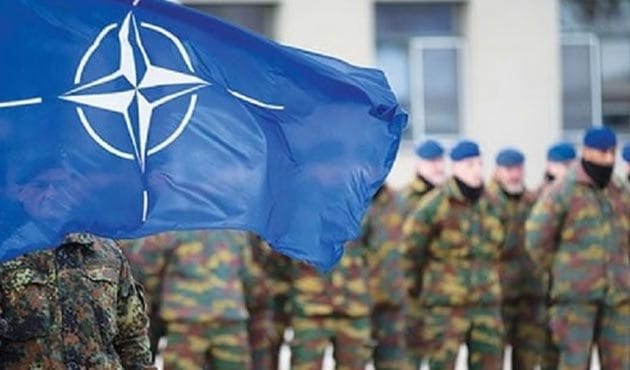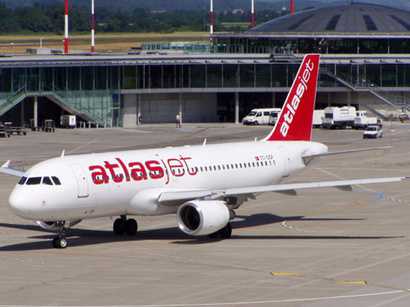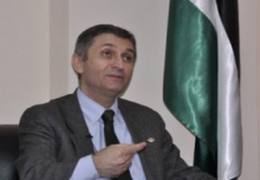
Gulnara Inandzh,
Director of Information and Analytical Center Ethnoglobus (ethnoglobus.az),
editor of Russian section of Turkishnews American-Turkish Resource website www.turkishnews.com ,
Head of Representative Office of Lev Gumilev Center of Russia in Azerbaijan.
After the parliamentary elections held in Israel there are hopeful statements by Tel Aviv’s officials on Palestine – Israel issue. Now there are hopes for restoration of peace negotiations which remains frozen for a long time. From now negotiations will be conducted under new conditions – with Palestine, a country awarded observer status at the United Nations.
Palestinian Ambassador to Azerbaijan Naser Abdel Karim comments on the issue for turkishnews.com American-Turkish portal.
-New Israeli PM and Foreign Minister agrees on recognition of independence of Palestine.But during previous period of Benjamin Netanyahu negotiations on Israel-Palestinian conflict was frozen. What is the reason that new Israeli government demonstrates interest in the settlement of the conflict?
– It is nice to hear news on recognition of Palestine as an independent state. But it would be better if it is connected with good will and be implemented seriously, without affecting already signed agreements and international treaties.
Palestine Liberation Organization and State of Israel recognized each-other’s statehood in 1993. This statement doesn’t provide for objection to Palestine’sobserver status at the United Nations.
However, Netanyahu government causes problem to recognition of State of Palestine.It is clear that for any just and comprehensive peace, independence of the State of Palestine should be recognized based on pre-1967 borders, including Eastern Quds, in accordance with resolutions under international legislation.
-Israel government offers Mahmoud Abbas, Fatah movement leader, to mention in Arabic that Israel is the home to Jews against recognition of Palestine by Israel government. How do Palestine officials approach this statement?
– As I stressed above in my first answer, Netanyahu government continues laying down new conditions to already agreed problems. Palestine Liberation Organization already recognized Israel in 1993 and no Tel Aviv official has raised a question on the mentioned issue within these years.
Netanyahu offered this condition, along with a number of others, to cause problem and delay negotiations. By the way, it is not the conclusion that we come but all the world leaders consider B.Netanyahu as non-serious.
We want to return to the negations process which was frozen at the end of period of former PM Ehud Olmert. Negotiations should be conducted within some period and it should not be formal. At the same time, we want illegal settlement to be stopped in the invaded territories of Palestine. This is not the conditions offered by Palestine, but also the condition put before Israel which is provided by the Road Map agreement developed for solution of the conflict.
-US President Barack Obama is expected to discuss the circumstances over the solution of the conflict during his visit to Israel. How do you think, what can the US offer?
– We hail Obama’s visit to the region. His visit shows that White House administration has important plans for both the countries regarding peace based on independence principles. But in order his visit to be effective for the region the US should use its position to have more pressure over Israel to cease settlement of Jews in the Eastern Quds and other Palestinian territories, while Tel Aviv should comply with the previously signed treaties. This should happen within the certain period. Negotiations depend on these treaties and international resolutions.
-How is the notion of peacefully living with Jews accepted in Palestinian’s public thoughts?
– I guess that the people of Palestine, as well as, majority of Israelis want to achieve a peace and to put an end to the conflict. It is also proved by the survey carried out among the people of Palestine and Israel. State of Palestine wants to live in peace and friendship with its neighbor Israel based on pre-1967 borders, including Eastern Quds.
-Former Israeli Foreign Minister Avigdor Lieberman has said that Palestine cannot be recognized as an independent state. In Palestine, there are also radical powers which refuse to recognize Israel as a state and in that case how do you forecast the events?
– It is true that Mr. Lieberman represents the radical ideology being natural in Israel government. His party “Israel Is Our Home” is in coalition with B.Netanyahu’s “Likud” party. How can Foreign Minister use threat and digression methods, but Prime Minister refrains himself from reproaching him. A.Lieberman should make serious efforts to support for peace process by his statements.
Despite radical minority in Palestine, president Mahmoud Abbas, Palestine Liberation Organization (Fatah) and State of Palestine have always insisted on compliance with peace principles. He has consistently tried to persuade radical powers in Palestine and achieved to get population’s opinion by stressing the necessity of achieving peace based on pre-1967 borders.

